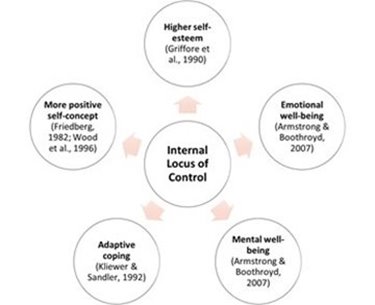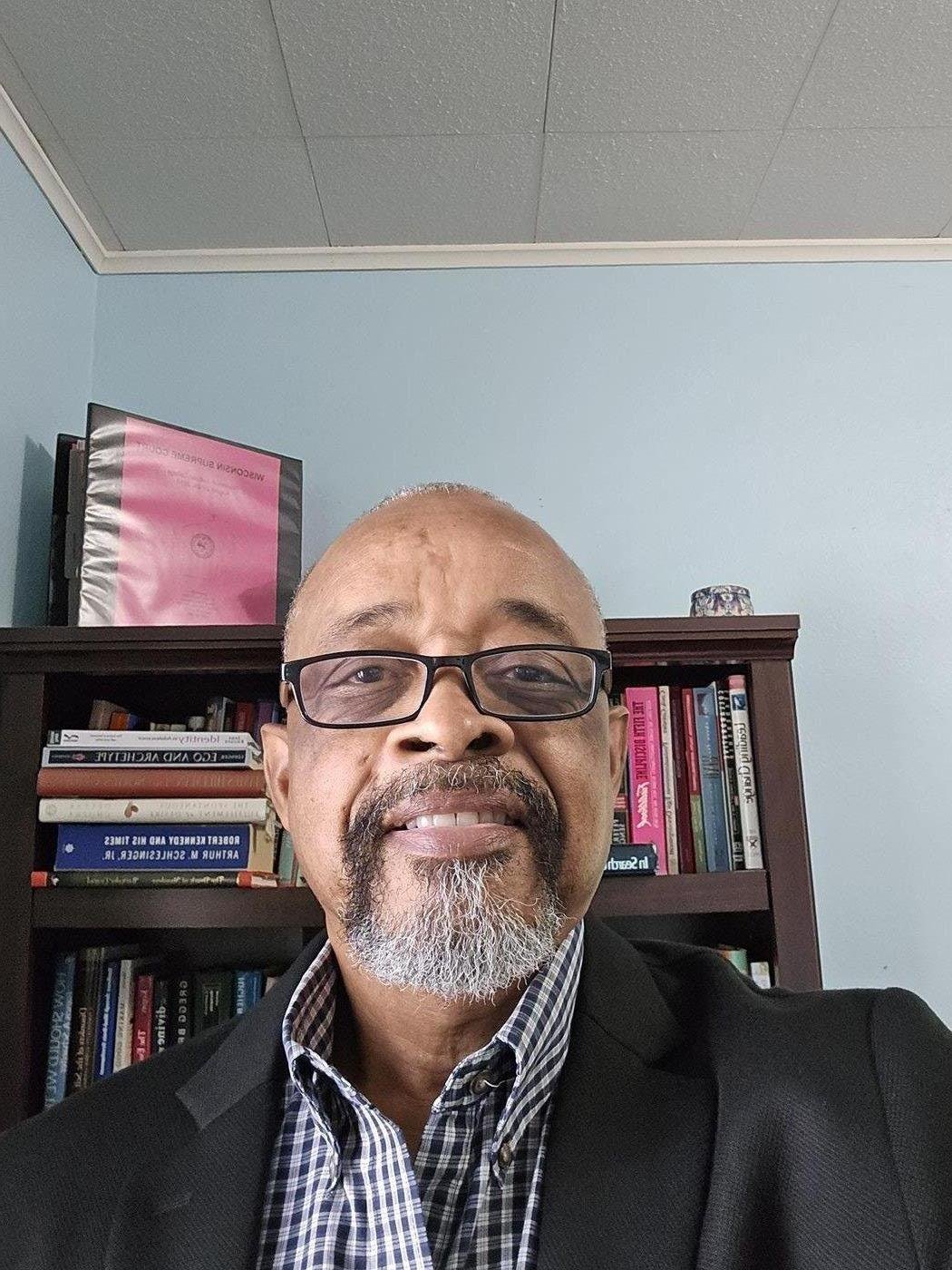Adverse Childhood Experiences (ACEs)
Seeing Them Through an Identity Lens

Virtual via Zoom
Fee: $35 full members; $135 partial members & nonmembers
Continuing Education Hours: 5.0
Course Description
A substantial amount of research finds that adverse childhood experiences (ACEs) cause both immediate and long-lasting physiological, emotional, cognitive, and behavioral dysregulation. Individuals dealing with these effects face formidable tasks in regaining and managing their physical, emotional, cognitive, and behavioral well-being. This workshop assists behavioral health practitioners in supporting these individuals by integrating neurological, developmental, and behavioral science to provide a learning experience that has the following three objectives:
⦁ Understand what ACEs are and how they happen.
⦁ Understand the neurological, emotional, cognitive, and behavioral effects of ACEs.
⦁ Understand and be able to plan practical ways to prevent and address ACEs through agency services and interventions.

The approach taken to achieve these objectives emphasizes developmental science, specifically the central developmental task of identity formation. Research finds that identity is the individual’s primary source of internal locus of control which is associated with positive emotional, psychological, and behavioral outcomes (see illustration). Therefore, a unique and significant aspect of this workshop involves educating participants on: 1) five cognitive-behavioral tasks associated with forming an identity; 2) the five components of identity; and 3) specific practices for facilitating formation of firm, positive identities in the lives of clients of all ages. These practices are integrated into existing service delivery work and, as such, offers the possibility of strengthening the effects of agency services in addressing a wide range of needs.
This identity lens is utilized in relation to the three objectives above. Participants learn how ACEs impact identity formation processes embedded in development, which significantly undermines internal self-regulation. Practical ways of preventing and addressing ACEs involves providing participants with some of the core tenets of Growth-Focused Case Management, an existing practice framework for supporting positive identity formation. In addition, tenets of a recovery model that includes forming positive identity as one of its recovery steps are presented as a way to empower clients in their fight to realize their full potential in the face of their ACEs.
About the Trainer

Jonathan I. Cloud
Jonathan I. Cloud has forty years of experience in the social services field that encompasses counseling, case management, administration, and program development. His career has included initiatives focused on juvenile justice reform, community policing, human trafficking, school safety, gang violence, gun violence, youth development, child protective services, foster care reform, and trauma-informed care. In 2020, he developed and successfully piloted in a major urban jurisdiction a developmentally-informed framework for youth justice practice called Growth-Focused Youth Justice Case Management (GFCM). Since 2020 nine jurisdictions across the country have received GFCM training to utilize the framework. In 2025 Jonathan is undertaking work with a state’s department of corrections to support use of an adult corrections version of GFCM to be integrated into the case management work in nine adult prisons.Jonathan’s prior national level work included serving as a lead consultant for two juvenile justice training and technical assistance initiatives sponsored by the U. S. Department of Justice’s Office of Juvenile Justice and Delinquency Prevention (OJJDP). For the National Criminal Justice Training Center he served as a trainer and subject matter expert on developing police-led community responses to child sex trafficking. He provided program management and implementation technical assistance for the U. S. Department of Labor’s YouthBuild program initiative which serves youth that are out of the education mainstream. Highlights of some of his other technical assistance and consulting work are as follows:
⦁ Program consultant for the National Council on Crime and Delinquency in a field of study of programs that identified and documented best practices in prosecution, community policing, prevention, and neighborhood revitalization.
⦁ Strategic planning and implementation consulting for Georgia’s Governor’s Office for Children and Families/Georgia Criminal Justice Coordinating Council in establishing a statewide task force and strategy to address human trafficking. Designed the state’s initial child sex trafficking case management system.
⦁ Wisconsin Department of Children and Families and Wisconsin Child Welfare Professional Development System: Consultant and Trainer for development of Basic Intake Worker Training Curriculum for statewide use in mandated forty-hour certification training.
⦁ Program consultant to the Outagamie County Department of Health and Human Services in development and implementation of Wisconsin’s first Anti-Human Trafficking Hub funded by state government to serve as the pilot for subsequent Hubs in five other regions across the state.
⦁ Trainer for the Wisconsin Child Welfare Professional Development System providing training across the state on youth brain development, the effects of trauma exposure, and case planning in relation to both.
⦁ Strategic planning technical assistance to the Texas Governor’s Office for a regional Gun Violence Reduction Initiative.
⦁ Trainer for the Behavioral Health Training Partnership based at the University of Wisconsin-Green Bay providing training on developmentally informed approaches to addressing behavioral health issues.
Jonathan has provided trainings and webinars on numerous topics and delivered keynote addresses for conferences across the country. He is the author of Parenting the Guardian Class: Validating Spirited Youth, Ending Adolescence, and Renewing America’s Greatness, which argues for empowering youth rather than controlling them. His higher education includes BA degrees in Religion and Psychology and graduate studies in Public Administration and Social Work.